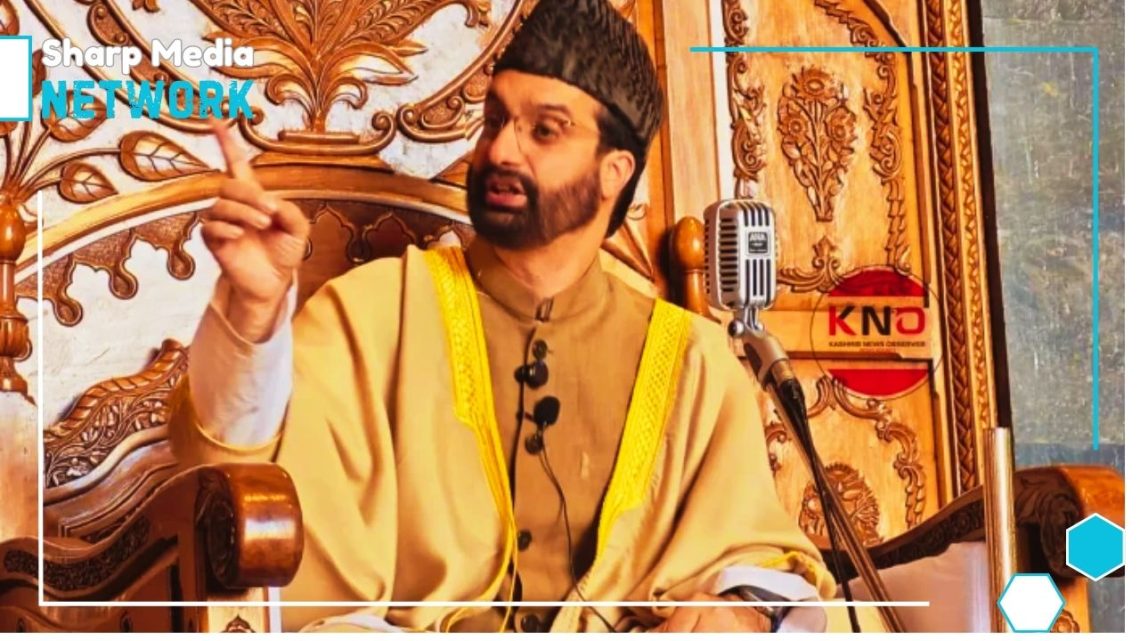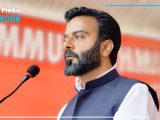
Mirwaiz Raises Alarm Over Waqf Amendment Bill and IIOJK’s Situation
February 4, 2025Mirwaiz Umar Farooq warns that the proposed Waqf Amendment Bill threatens the identity of Muslims in India and IIOJK, urging Indian lawmakers to reconsider its implications.
Mirwaiz Umar Farooq, a senior leader of the All Parties Hurriyat Conference, has expressed serious concerns about the proposed Waqf Amendment Bill, describing it as a direct attack on the identity of Muslims in both India and Indian Illegally Occupied Jammu and Kashmir (IIOJK).
In an interview with a news channel in New Delhi, the Mirwaiz explained that he had traveled to India to meet with a variety of figures, including religious leaders, intellectuals, human rights activists, and politicians, to discuss the controversial bill. He urged Indian lawmakers to reconsider passing it, asserting that the bill would undermine the interests and the very identity of Muslims. According to Mirwaiz, such legislation risks further marginalizing the Muslim community in India.
In addition to his concerns over the Waqf Amendment Bill, Mirwaiz strongly condemned the Indian government’s unilateral and illegal abrogation of Article 370 in August 2019, which revoked IIOJK’s special status. He also criticized the ongoing illegal detention of thousands of Kashmiri political leaders, human rights activists, religious figures, and members of civil society. These detentions, he said, are a violation of fundamental rights and have contributed to the worsening political climate in the region.
Mirwaiz urged Indian civil society and lawyers to speak out in support of the people of IIOJK, emphasizing the importance of a peaceful resolution to the Kashmir dispute. He called for comprehensive dialogue between India, Pakistan, and the Kashmiri leadership to resolve the conflict and ensure long-term peace in the region. For Mirwaiz, dialogue remains the only path forward, warning that any alternative approach would perpetuate tensions and suffering.
He also highlighted the severe restrictions placed on the media in IIOJK, pointing out the immense challenges faced by Kashmiri journalists. The Mirwaiz accused Indian media of spreading misleading propaganda about the situation in IIOJK and the leadership there. He criticized the Indian media for its biased portrayal of events in the region, urging it to adopt a more responsible role. Mirwaiz called for Indian media outlets to report the truth and to raise awareness about the conditions of Muslims both in India and in the disputed region of IIOJK.
Mirwaiz’s comments bring attention to the broader concerns about the political and cultural rights of Kashmiris and Muslims in India, as well as the media’s responsibility in portraying these issues fairly.

